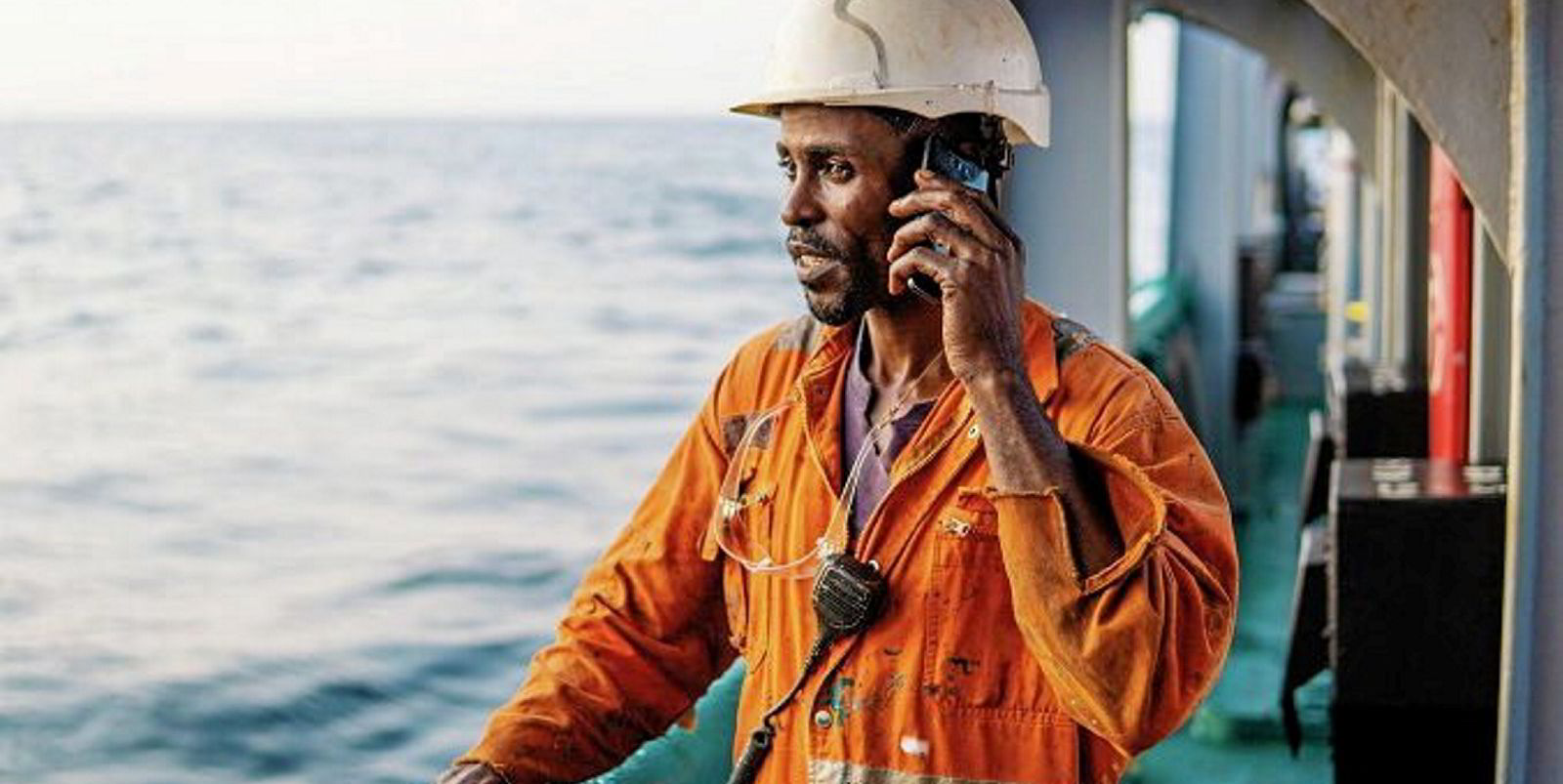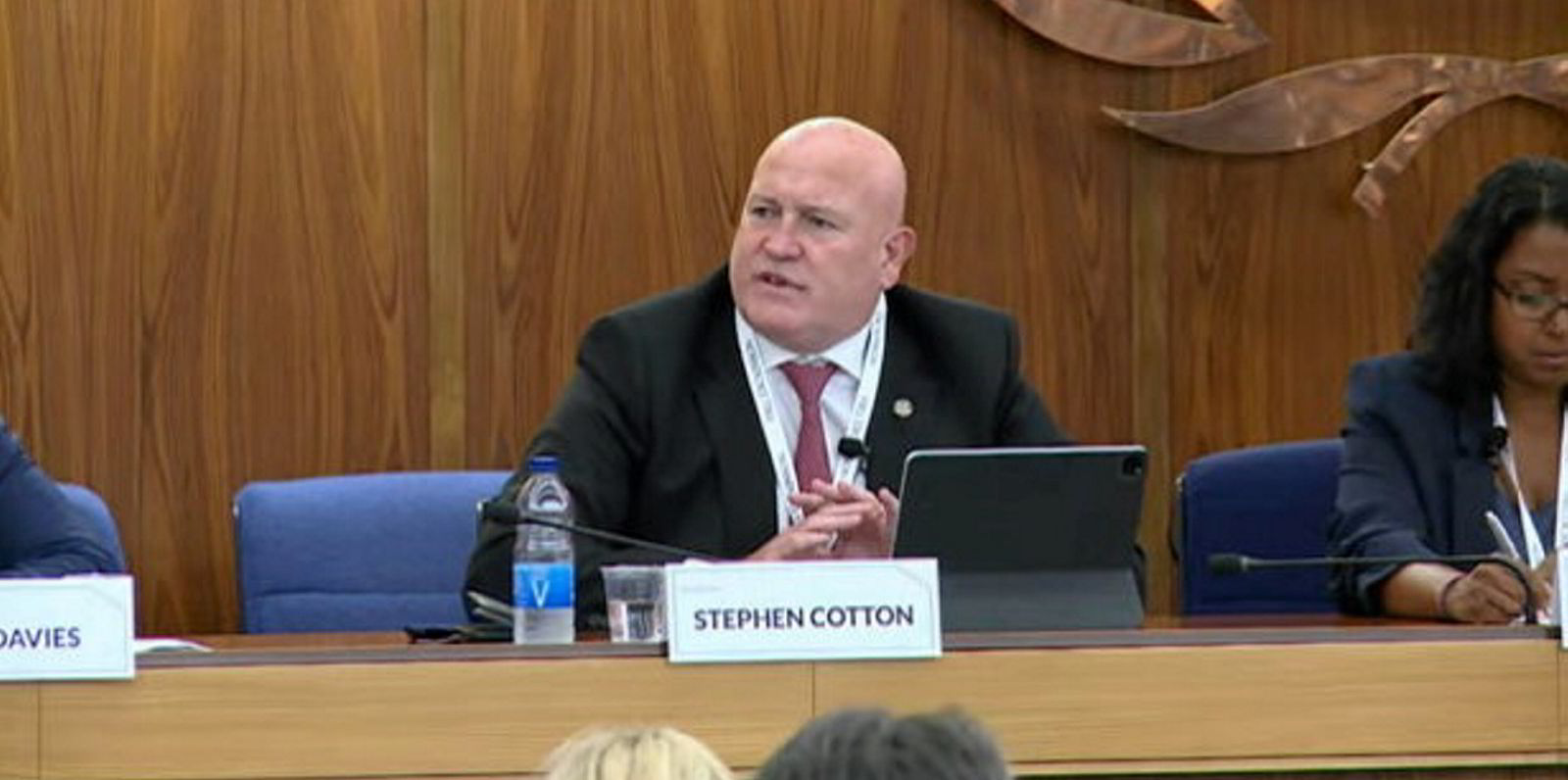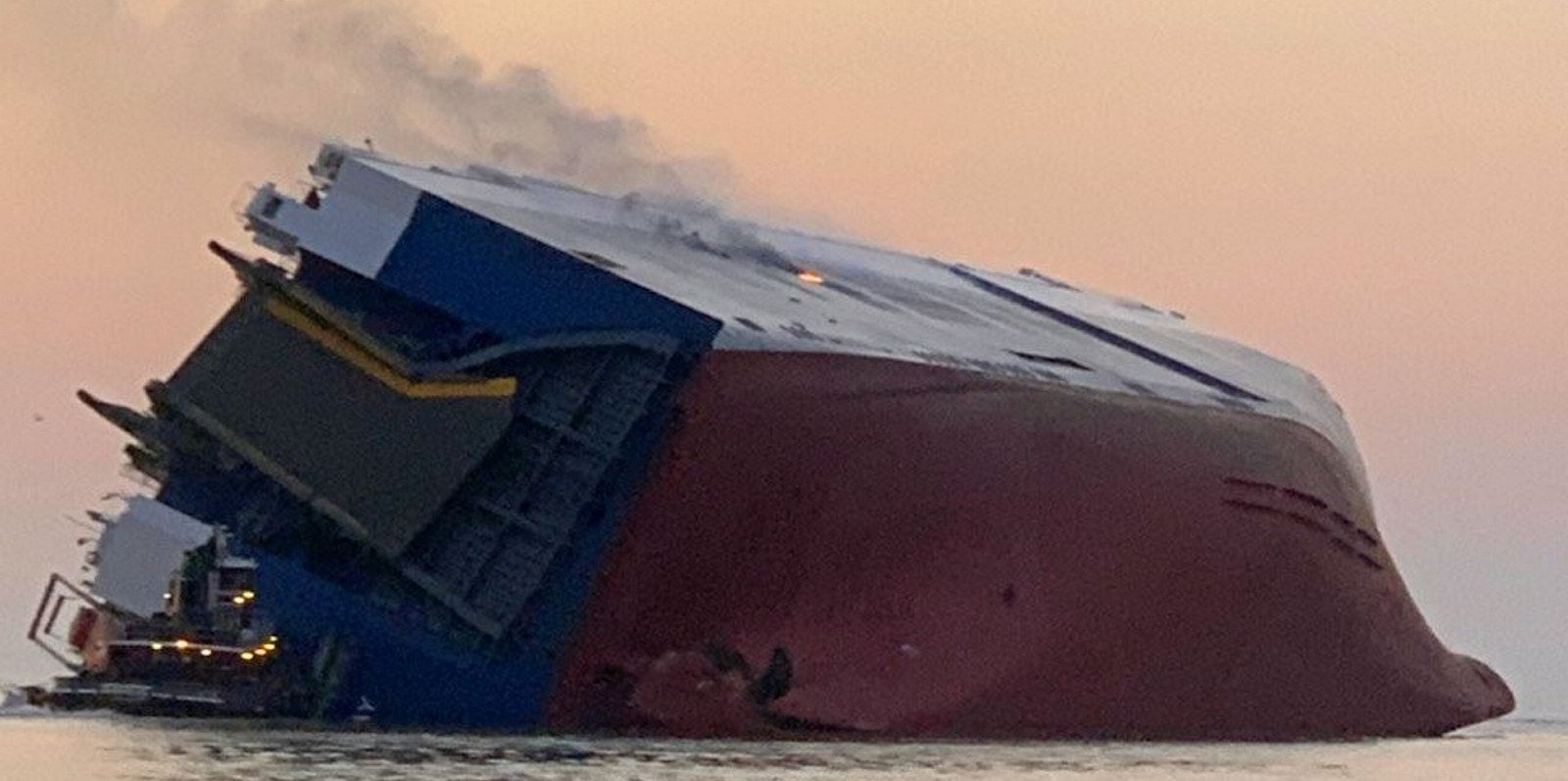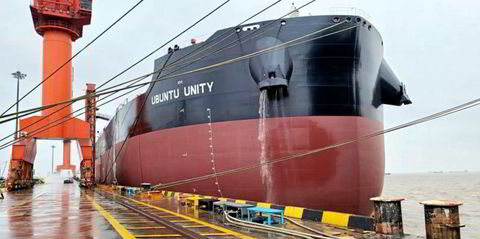The International Union of Marine Insurance (IUMI) said it has seen evidence that the number of near-miss shipping incidents is increasing.
The development comes amid concern over growing levels of fatigue among seafarers. Hundreds of thousands of seafarers have been asked to work beyond their contracted term at sea because of the travel and quarantine restrictions put in place to stop the spread of coronavirus.
At the annual gathering of the insurance association, Rama Chandran, head of the ocean hull committee, said that shipowners had reported an increase in incidents.
“From the committee members who have spoken to quite a number of the major shipping owners they have identified a trend of increased near misses in the first six months of this year,” Chandran said.
“So there is a direct correlation between the stress and anxiety faced by the crew and the increased near misses we are seeing right now.”
In the most extreme cases, seafarers have been at sea without returning home for more than one year.
The pandemic has also placed crew under additional stress as they become concerned about the well-being of family at home.
Chandran did not name any of the near-miss incidents. But the pandemic has been linked to casualties such as the grounding of the 203,000-dwt Wakashio (built 2007) off Mauritius last year.
Crew diverted so they could pick up a mobile phone signal to call their families.
Seafarer shortage
Chandran said that the poor treatment of seafarers by governments could lead to a shortage of seafarers.
He said that recruitment and training numbers are already down because young people no longer see it as an attractive profession.
“A lot of colleges that recruit crew members have seen a significant reduction in intake, nobody seems to want to become a seafarer. This will lead to long-term problems going forward,” Chandran said.
International Transport Workers' Federation general secretary Stephen Cotton also commented at the London International Shipping Week conference that the industry is facing a labour shortage unless it treats crew with more respect.






